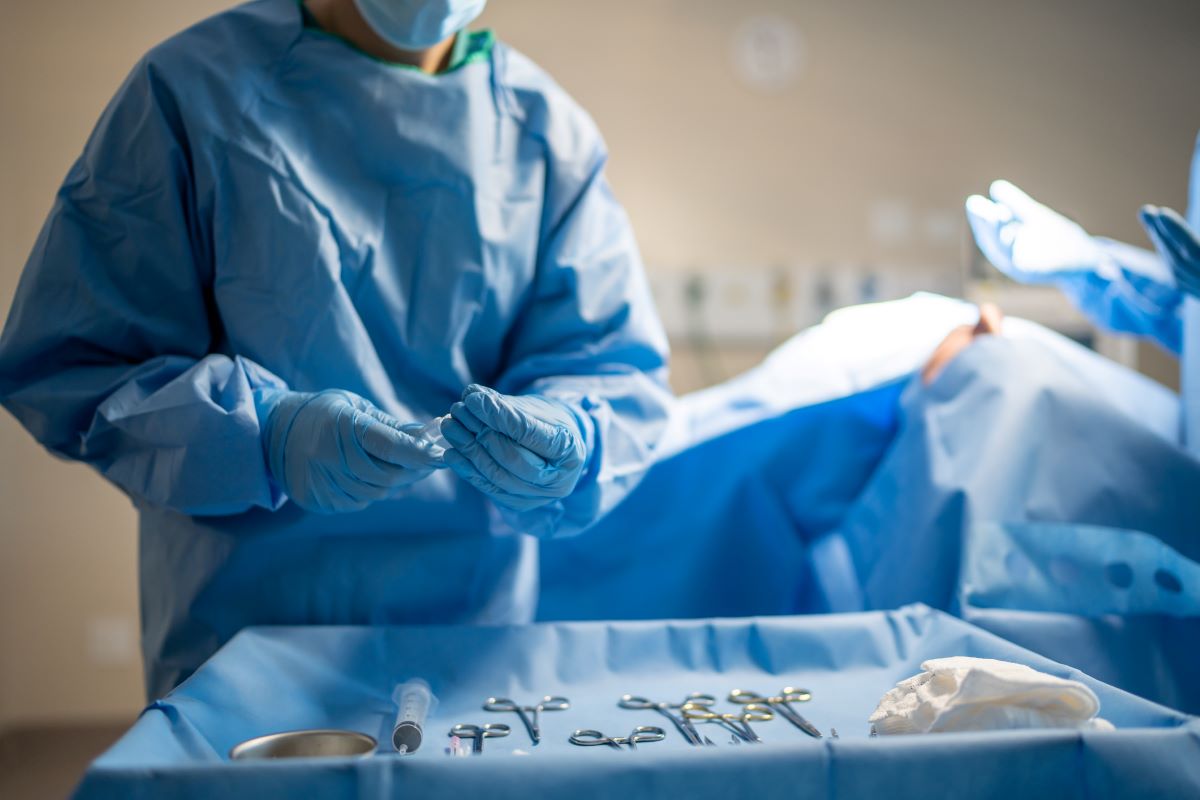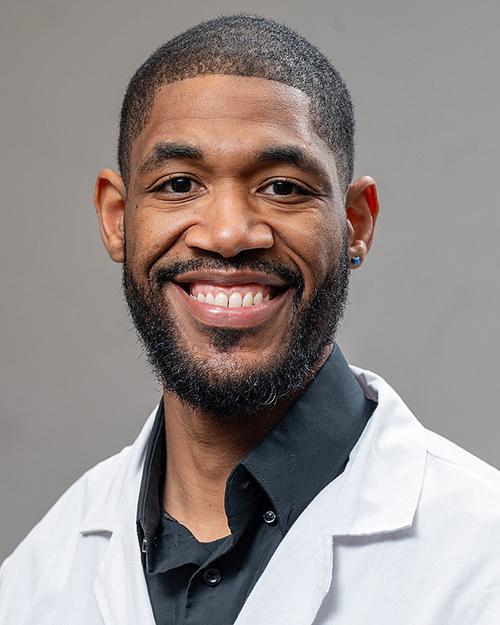
What type of surgeries do you perform?
My practice offers a wide array of surgical services to treat conditions like gallbladder disease and disorders, disorders of the pancreas and spleen, diverticulitis and colon cancers, thyroid disease and hemorrhoids, as well as upper GI diseases like GERD and reflux disease — it is a very broad spectrum.
Really, for anything you think might require a surgical consultation, it's a good idea to come and just sit down and have a conversation with us about it.
What is the difference between open surgery and minimally invasive surgery?
Most of the time, when we do an open surgery, we're making a large incision. We open up a cavity to explore, diagnose or treat a condition. Then we use long-lasting sutures to close the cavity up again. This type of surgery is usually associated with a longer recovery time and a more rigorous recovery period because there is a little bit more pain as you heal from the larger incision.
With minimally invasive surgeries, we have a few much smaller incisions that typically don't require as much time to recover following surgery. We still use sutures to close those incisions, but the incisions typically heal a little bit faster because they're smaller and your recovery isn’t as rigorous.
What are the potential risks associated with surgeries?
Every surgery has its specific risks. Most patients will ask just undergoing general anesthesia, “What's my risk of not waking up?” That's usually the most common question that I get when I'm in the office. Anesthesia has come such a long way over the last 30 to 50 years, and we can minimize that risk to less than 1%.
What I advise anyone who is coming to see me in the office, or any surgeon for that matter, is to ask specifically about the procedure you're having done or exploring the option of having and ask what those risks are.
One surgery’s risks are not the same as another — each one is important to discuss with your surgeon.
Should a surgical patient request a second opinion?
As surgeons, although we have feelings, we don't get hurt if our patients ask for a second opinion from another doctor. Actually, we encourage that as it helps you make a more informed decision for surgery. Now, I wouldn’t say go and get a second opinion from every single surgeon in town, but it's OK to go and request a second opinion. We strive to help you make the most informed decision possible. As such, looking to have a discussion about your disease and the surgical process is critical.
Why should a patient choose Northside?
At my practice, the first thing I will tell you is that all of our providers care about you. We take the time to listen to your needs and the symptoms you're having. Should your problem be deemed surgical for its remedy, we will do our best to take the best care of you — in the office and the hospital.
We use a team-based approach. Our board-certified surgeons are available to take care of every single need that, from a surgical aspect, can be taken care of.
Learn more about surgical services at Northside Hospital.

